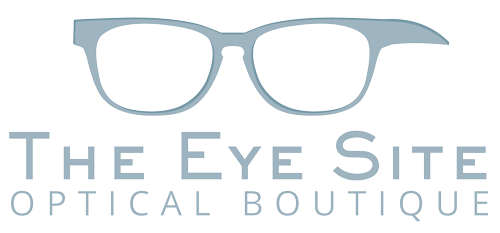Last week, we shared that as we age, we are at higher risk of developing eye diseases and conditions that can affect our sight, as well as causing discomfort that can affect our everyday lives. This is the second entry in the five part series of articles we wrote to help you to understand all of the details of the five most common conditions that affect us as we age.
As Dr. Kristina says, “It’s important for us to understand that early detection and treatment of visual impairment helps to ensure a better quality of life. Vision loss affects the things we enjoy most as we age. Vision loss is also associated with chronic health conditions, falls, injuries, depression and social isolation.”
Today, we’re discussing Dry Eye.
What Is Dry Eye?
Dry Eye happens when your eyes don’t make enough tears to stay wet. Your tears may also not work properly, making your eyes feel uncomfortable and often leading to vision problems as well. Dry Eye is also very common, and it affects nearly 16 million Americans, most over the age of 50.
What are some of the common symptoms of Dry Eye?
Dry Eye usually causes a variety of symptoms, including:
- Discomfort, including feeling like you have something in your eye, or a scratchy feeling, stinging, or burning feelings\
- Red eyes
- Sensitivity to light
- Blurred vision
What are some of the causes of Dry Eye?
You are most likely to develop Dry Eye if:
- You are female
- You have increased screen time
- You wear contact lenses
- You are over 50 years old
- You don’t get enough dietary Vitamin A (from carrots, broccoli, and liver) or Omega-3 fatty acids (from salmon and other fatty fish, nuts, and healthy oils)
- You have an autoimmune condition such as, lupus or Sjögren syndrome
How do we treat Dry Eye?
Dry Eye can be treated with artificial tears, eye drops or gels, gel inserts, or ointments. Your doctor can help you to choose the correct treatment for your specific Dry Eye issues and help you to maintain comfort.
How do I prevent developing Dry Eye?
Your eyes may be better protected against Dry Eye if you:
- Try to avoid smoke, and repeated exposure to wind/direct air conditioning
- Use a humidifier in your home when environmental humidity is low
- Use the 20/20/20 Rule when using screens, or try to limit screen time
- Wear sunglasses when you’re outside
- Get plenty of water and make sure to get enough sleep
-
Now that you know all about Dry Eye, what questions do you have? You can always give us a call, shoot us a text, or write an email with your questions and we’ll be happy to answer them. We’re here to provide world class service every single day!
